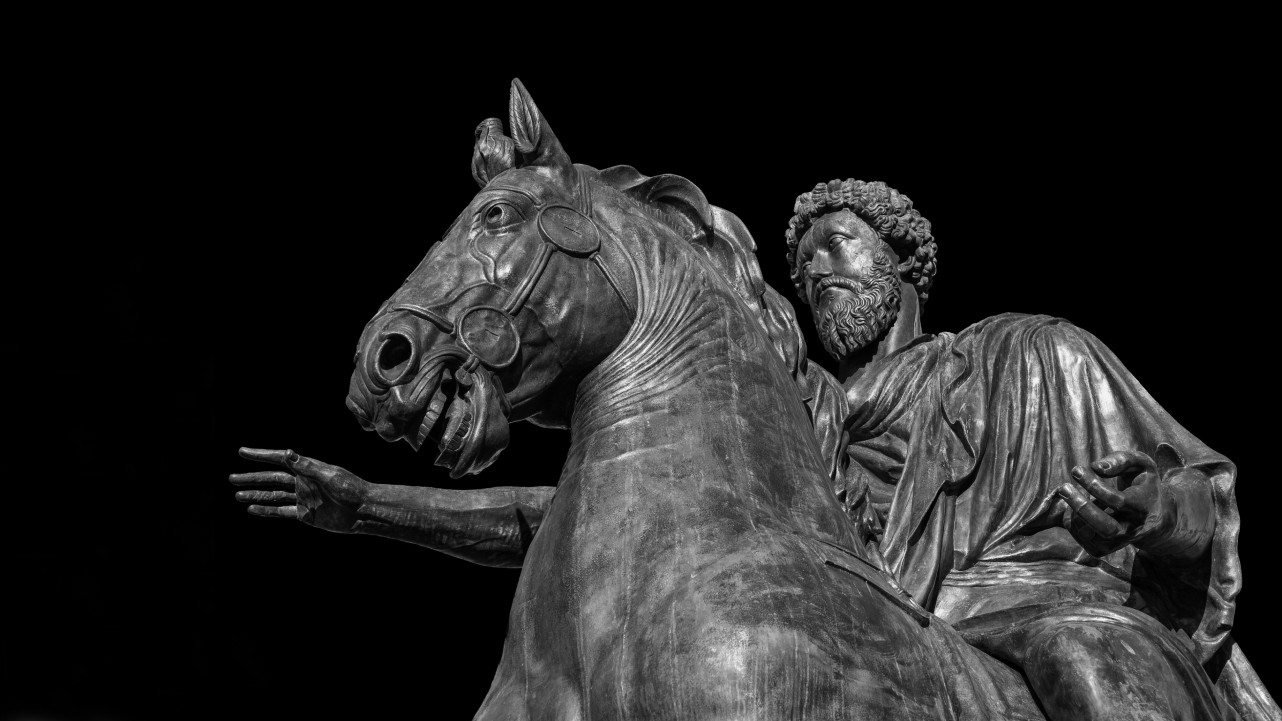Where do your beliefs come from? There’s a school of thought that sees religion as a mind virus that wastes the time and effort of human beings, but evolutionary biologist Bret Weinstein offers a more reasonable explanation: “belief systems have flourished because they have facilitated the interests of the creatures involved,” he says. Religious people are evolutionarily fitter than non-believers, not because they are protected by a deity but rather because religion is a form of adaptive evolution. Religion is so widespread because it has massive survival advantages beneath the supernatural elements—that’s what Weinstein refers to as “literally false and metaphorically true”. For example, believing in heaven is literally false—there is no such place—but believing in it keeps your descendants in good standing in the religious community after you’re gone, thus setting your lineage up to continue. The thought itself may be untrue, but the result of the thought is evolutionarily effective. “Despite the fact that human beings think that they have escaped the evolutionary paradigm, they’ve done nothing of the kind, and so we should expect the belief systems that people hold to mirror the evolutionary interests that people have,” Weinstein says. For more from Bret Weinstein, visit bretweinstein.net.
Professor Bret Weinstein has spent two decades advancing the field of evolutionary biology with a focus on adaptive trade-offs. He has made important discoveries regarding the evolution of cancer and[…]
Where do your beliefs come from? It turns out evolution is behind every religion in the world.
▸
4 min
—
with
Sign up for the Smarter Faster newsletter
A weekly newsletter featuring the biggest ideas from the smartest people
▸
6 min
—
with
Related
The tech world’s fixation on artificial intelligence has spawned beliefs and rituals that resemble religion — complete with digital deities, moral codes, and threats of damnation.
All religions have three traits: metaphysical commitments, ethical guidance, and daily rituals or practices. So does Stoicism.
Religion is a product of, and not a source of, our evolutionary moral dispositions.
The acceptance of death is deeply embedded in our culture; it’s time to overthrow that idea.
Six visionary science fiction authors on the social impact of their work.





